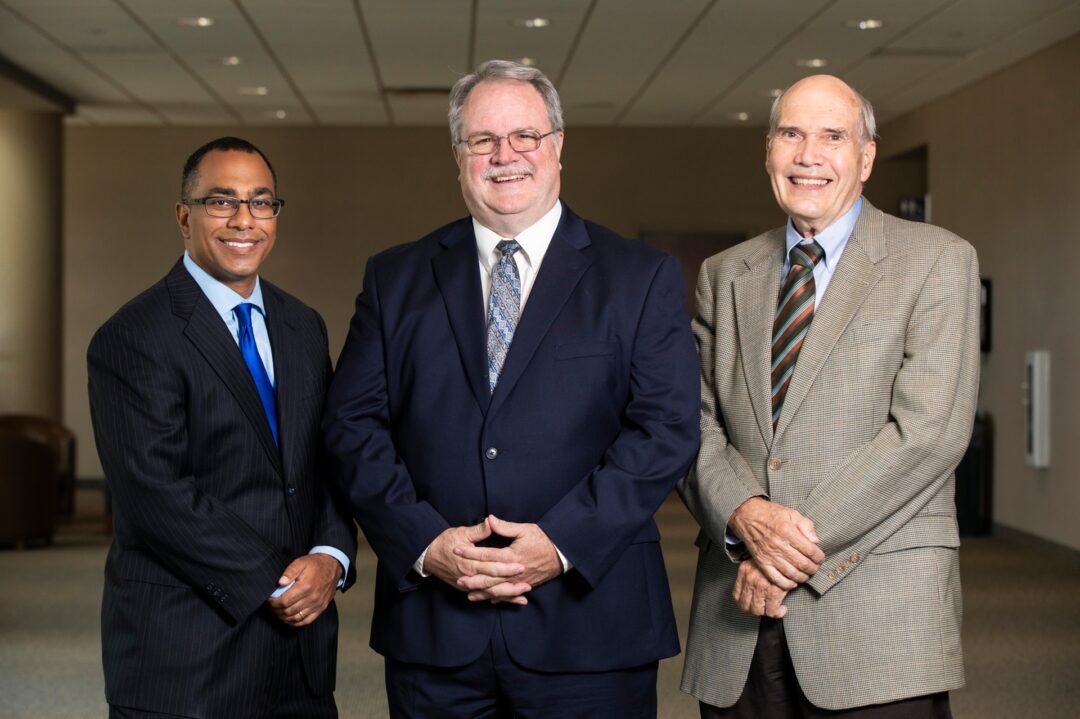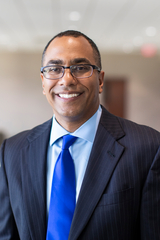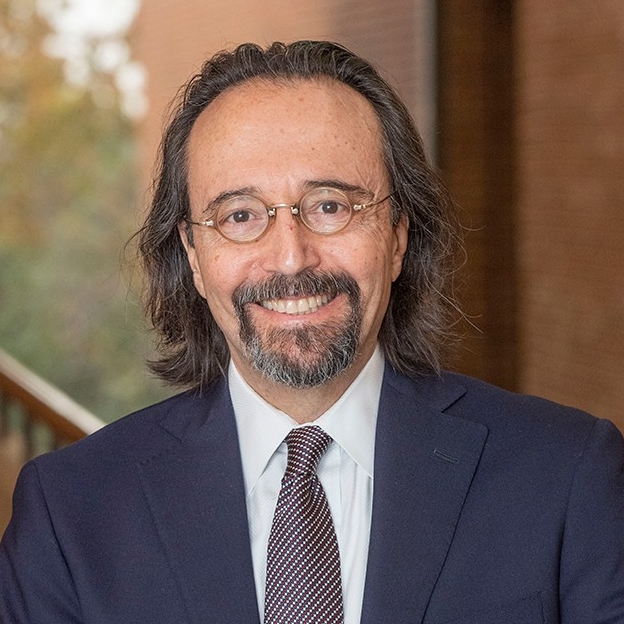By: Janet Stearns, Dean of Students, University of Miami School of Law
Jerry Organ, Bakken Professor of Law and Co-Director of the Holloran Center for Ethical Leadership in the Professions, University of St. Thomas School of Law
Well-being and professional identity are inextricably linked. While this has been true through the ages, the new articulation of professional identity in Interpretation 303-5 embodies this linkage when it states:
Professional identity focuses on what it means to be a lawyer and the special obligations lawyers have to their clients and society. The development of professional identity should involve an intentional exploration of the values, guiding principles, and well-being practices considered foundational to successful legal practice.
In earlier posts for this Blog, Dean Stearns has spoken of infusing law school orientation with lessons about well-being, activities for the October 10 Mental Health Day, and two new important books that can be used to educate law students about mindfulness and stress reduction.
Much of our teaching and advocacy involves explaining these principles of “well-being practices” and integrating these into the law school curriculum and larger professional identity environment. The needs are great. The news is filled with too many stories of suicide. The students who are now entering our law schools have faced significant isolation and related depression and anxiety through these recent pandemic years.
The best snapshot of the state of our law students today is the national survey published in the University of Louisville Law Review Symposium under the title “It Is OK To Not Be OK”: The 2021 Survey of Law Student Well-Being (Summer, 2022). The authors of this study were David Jaffe (Washington College of Law, American University), Professor Kate Bender (Bridgewater University), and Jerry Organ (University of St. Thomas, MN), and the work includes an analysis of data from 39 law schools across the country. The 2021 Survey showed that the percentage of respondents who had a diagnosis of anxiety in their lifetime increased from 21% to 40% since the original Survey of Law Student Well-Being in 2014. Similarly, the percentage of respondents who had a diagnosis of depression in their lifetime increased from 18% to 33% since 2014. Roughly one-third of the 2021 respondents had considered suicide sometime in their life (up from 20% in 2014) with 11% having considered suicide in the previous 12 months (up from 6% in 2014). The 2021 Survey also found that five in six respondents had experienced trauma, with one in five dealing with challenges to their day-to-day thriving associated with their experience of trauma (based on responses to the PCL-5, a screening tool for PTSD).
The data continues to be evaluated but the high levels of reported depression, anxiety, suicidality, and trauma should give us all pause.
One of the most critical lessons that we can teach in law school is the ability to reach out and access needed resources. Professional identify includes our ability to address needed self-care while balancing duties to clients and the profession. Tragically, many law students believe that they cannot access these resources, and in fact some believe that their admission to the bar will be jeopardized if they access resources. We teach these life-saving lessons in the classroom and when we respond to students in crisis. Dean Stearns has received calls and emails from students who are en route to an emergency room to ask if their bar admission will be impacted if they are admitted for mental health treatment.
Janet Stearns, David Jaffe, and other national well-being advocates have been working for years to reform state character and fitness investigation processes to ensure that students understand their ability to access essential resources; their efforts have seen some success with a number of states amending their questions. The most recent article on the topic by Stearns and Jaffe is Fixing a Broken Character Evaluation Process, which was published online in the ABA’s Law Practice Today in May of 2023. The article evaluated the mental health and substance use questions in the various jurisdictions and assigned grades to the states (and NCBE) on the basis of our rubric. The more a state’s questions focused primarily on conduct than condition, the higher the grade it received – an A was the highest grade available; and the more a state’s questions focused on condition instead of conduct, the lower the grade it received – an F was the lowest grade available. We continue to advocate for questions that will focus on conduct rather than condition, with a goal of destigmatizing efforts for law students to seek appropriate help and support for these challenges.
This month, Jerry Organ added a new and significant dimension to this advocacy. He analyzed two questions in the 2021 survey, separated law school responses by state, and then correlated those to the grades that Stearns and Jaffe had assigned in the ABA article.[i] The two critical questions were:
C15: Percentage who strongly agree or agree to the following statements (by year in law school)
If I had an alcohol or drug use problem, my chances of getting admitted to the bar are better if I hide the problem rather than seek treatment.
D21: Percentage who strongly agree or agree with each of the following statements (by year in law school)
If I had a mental health problem, my chances of getting admitted to the bar are better if I hide the problem rather than seeking treatment.
Jerry Organ’s analysis determined the following:
The overall averages for “better off keeping problems hidden” (reluctant to seek help) were 49.8% (substance use) and 39.9% (mental health).
Schools in A/B jurisdictions had average scores for “better off keeping problems hidden”(reluctant to seek help) of 47.5 (substance use) and 37.3 (mental health).
Schools in C jurisdictions (including Virginia) had average scores for “better off keeping problems hidden” (reluctant to seek help) of 51.8 (substance use) and 42.6 (mental health).
Schools in F jurisdictions (Georgia/Florida/Nevada) had average scores for “better off keeping problems hidden” (reluctant to seek help) of 55.9 and 47.1.
These data suggest that there is a correlation between the type of state character and fitness questions and the reluctance to seek help among law students. The states that focused their character and fitness questions more on conduct rather than on condition have lower percentages of students who believe they are better off keeping problems hidden for substance use and mental health. And the states that focused their character and fitness questions more on condition instead of conduct have higher percentages of students who believe they are better off keeping problems hidden for substance use and mental health. The more than 8-point spread between A/B and F states on substance use and the nearly 10-point spread between A/B and F states on mental health strongly suggests that a relationship exists between the nature of a state’s character and fitness questions and a law student’s reluctance to seek help.
Law schools and boards of law examiners have to continue to message the importance of help-seeking so that the percentages of respondents who believe they are better off keeping problems hidden begins to decline. On this front, efforts in Minnesota and North Dakota are noteworthy. Respondents from law schools in those two states were among the lowest in terms of the percentage who believed their chances of being admitted to the bar were better if they kept a substance use or mental health problem hidden. In both states, the law schools have worked closely with their board of law examiners to facilitate messaging in the first year of law school about the importance of seeking help. Those efforts seem to be bearing fruit.
For all of us who care deeply about professional identity education, we must continue to understand the inextricable link between our work and ensuring the well-being of the next generation of our profession.
The authors welcome comments and input. You may connect with them at jstearns@law.miami.edu or JMORGAN@stthomas.edu. If you live in a state that has not yet reformed the substance use and mental health questions on the bar, then please contact Janet Stearns or David Jaffe (djaffe@wcl.american.edu) for strategies and advocacy resources.
[i] The only exception to the grading system was that Virginia, which Stearns and Jaffe assigned a B-, was included in the “C” category.

Janet Stearns is Dean of Students at the University of Miami School of Law and Chair of the ABA COLAP Law School Committee.

Jerome Organ is the Bakken Professor of Law and Co-Director of the Holloran Center for Ethical Leadership in the Professions at the University of St. Thomas School of Law












